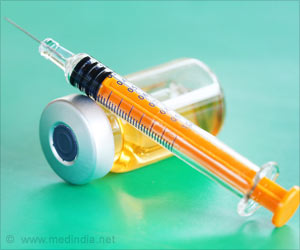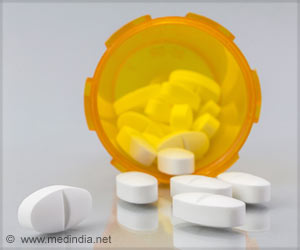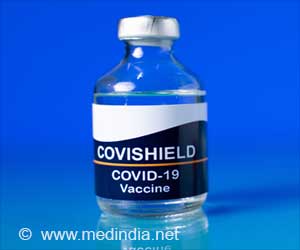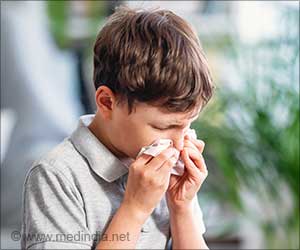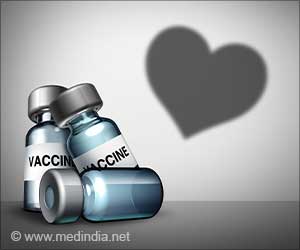
‘A blood clot or thrombus that gets lodged in the lungs that leads to silent hypoxia followed by cardiac arrest seems to be the main cause of deaths due to the COVID-19 infection.’
Read More..Tweet it Now
The AIIMS sources claim that sudden deaths have been reported both during admission emergency departments (EDs) as well as during hospital stay. Read More..
"The reasons that have been proposed include a sudden cardiac event/ACS, preceding silent hypoxia that went unnoticed or due to a thrombotic complication such as pulmonary thromboembolism," it said.
"Patients with risk factors to develop severe COVID-19 or with prior comorbid conditions such as CAD or chronic lung disease should be strictly monitored for their saturation. They should not be allowed to move unattended. Anticoagulants should be used in all at-risk patients who do not have any risk factors of bleeding," AIIMS said.
Drug Information
Favipiravir
Advertisement
AIIMS stated, "Evidence is weak for the use of Favipiravir and it is currently not recommended in the national guidelines."
Advertisement
About the drug Tocilizumab, AIIMS reported that though approved by DCGI, it should only be used in severe cases of COVID-19 infection where patients experience cytokine syndrome.
The statement. "However, it is an experimental therapy, has a limited role, and should be used only in patients with cytokine syndrome after ruling out an active infection."
Ivermectin
AIIMS states that the effectiveness of the drug Ivermectin is limited to in vitro or outside the body. The drug is found to limit the replication of the virus in vitro, but in vivo, or inside the body, it is needed in much larger doses to be effective.
The FAQ’s states that convalescent plasma therapy is just an experimental therapy that should be used with caution. The therapy can be done by collecting plasma from ABO matched donors and given to patients at risk of developing severe COVID-19 infection during the early stages.
AIIMS states that Remdesivir/TCZ are experimental therapies, approved by the DCGI. "Therefore, they should not be used as empirical therapy for suspected cases. It would help if you used these agents only in proven COVID-19 patients," the FAQs said.
However, there is no evidence to support Remdesivir/TC Z’s use in asymptomatic patients with comorbidities.
Corticosteroids are recommended in moderate to severe COVID-19 infection. The statement says, "However, both IV dexamethasone or methylprednisolone may be used based on their availability." AIIMS said.
Source-Medindia


